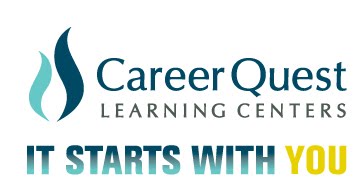1. You need to have a large network so you can use it later
Imagine you just got laid off. And you have 10 people in your LinkedIn network. You suddenly realize that you should have invested more in getting to know people. It's better to add connections while you're working with them and the same goes for asking for recommendations. So don’t wait until you need it. Build a strong network on LinkedIn now. Be active. Provide value. Stay in touch.
2. Opportunities come to you; recruiters look for passive candidates
When a company hires a contract recruiter to fill a job requisition, that company isn’t looking for someone unemployed. There are enough unemployed people to fill every single job vacancy in the country. What the organization needs is someone who is not actively looking, called a passive candidate. Someone who is already employed by a competitor might be the perfect candidate.
If you aren’t on LinkedIn, you are reducing your chances of being discovered and having the opportunity to make more money.
3. Industry groups can offer you value and connection
If you find the right groups in which to participate, the value to your network — and the knowledge you'll gain — is huge. Not only will you be exposed to news, and new ideas, but you’ll have a chance to demonstrate your expertise through commenting and discussion.
4. Keep your resume up to date just in case
A resume is a static thing. You write it once when you are actively looking for work. You get your job. Then you forget about it. LinkedIn profiles tend to stay up to date with greater accuracy than any other online profile. Recruiters know this. They know that your profile will be more accurate than your five-year-old resume.
5. Read the news feed for your industry
LinkedIn delivers you customized news delivered daily. Based on your industry, the types of articles you share, and who is in your network, your daily news feed is likely going to inform you of things you should know about your job.
A version of this post was originally posted on Ladders.com by Joshua Waldman.






















